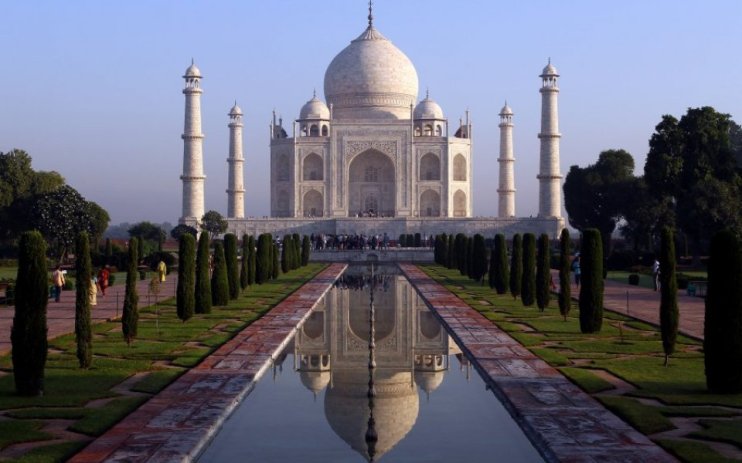Forging closer ties with India is crucial, but let’s not lose sight of our neighbours

Now that the UK has formally left the EU, our trading ties with partners across the world will be more in focus than ever before. This includes our relationship with India, a country I visited last week to promote ties in financial and professional services.
The UK-India partnership is now worth some £20bn, with nearly £450m in financial services. When compared to trade with the EU bloc and the US, these numbers are small. But when you take into account that the country is home to 1.3bn people, enjoys economic growth of nearly seven per cent, and has recently propelled itself up the ease of doing business rankings, it’s clear to see why India has the potential to become an important partner for companies across the UK.
That partnership already has strong roots. The City Corporation has a longstanding programme of work in the country, having opened a representative office in Mumbai over 12 years ago. Meanwhile, the Square Mile is already home to more than 15 Indian financial firms, including heavyweights like the State Bank of India, ICICI, Punjab National Bank and GIC Re, as well as challenger fintechs like TMWPay. We’re also the world’s largest market for rupee-denominated Masala bonds, and the leading offshore centre for rupee trading.
Ties between our countries continue to grow in many areas of financial services, including fintech, insurance, and green finance. In addition, reforms like the Insolvency and Bankruptcy Code have forged stronger links between our legal firms, and India is now firmly on the radar of many investors in the City.
Get the news as it happens by following City A.M. on Twitter.
These developments have not gone unnoticed by the Indian and UK governments. Work is already underway through the ongoing UK-India Joint Trade Review — the only one of its kind that the UK has with any other country — to lay the framework for a future trade partnership. There’s also the Joint Economic and Trade Committee looking at strategic ties, and the Economic and Financial Dialogue, focusing on trade and investment relations.
Add to this mix the commitment by Prime Minister Boris Johnson to making India one of his first destinations for an overseas visit following his re-election, and the future looks bright for both countries.
Yes, issues remain in terms of market access and restrictions to foreign direct investment. But what’s also clear, especially in the wake of India’s 2020 Union Budget, is that there is a willingness on both sides to drive forward trade.
Will there be a trade deal in the future between India and the UK? Almost certainly, but it will take time, and first and foremost we need to get an agreement on the future of the highly complex UK-EU trading relationship.
After all, we may have left Europe, but a deal on the future relationship with the EU is anything but “done”.
What’s more, the December 2020 deadline for new arrangements to be in place is ambitious, and it is critical that the services sector — which makes up around 80 per cent of the UK economy — is not sacrificed in the rush to get a deal.
Trading ties with countries like India are hugely important, but we shouldn’t lose sight of our neighbours either.
Sign up to City A.M.’s Midday Update newsletter, delivered to your inbox every lunchtime
Main image credit: Getty
